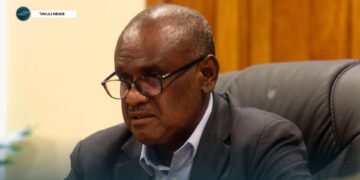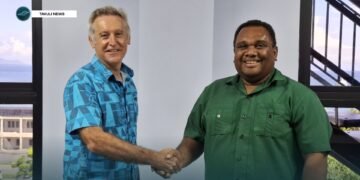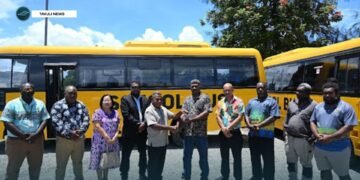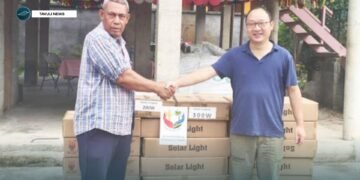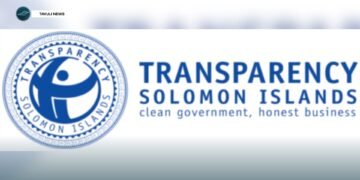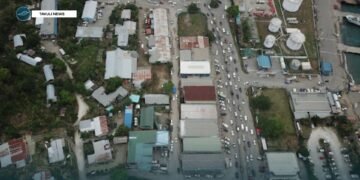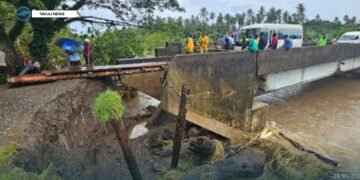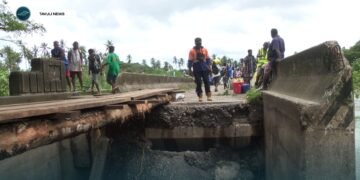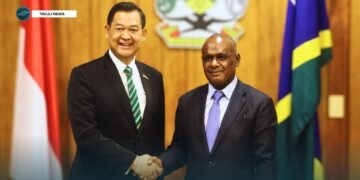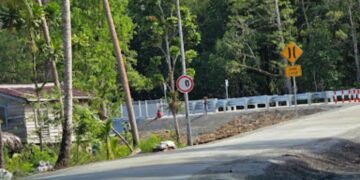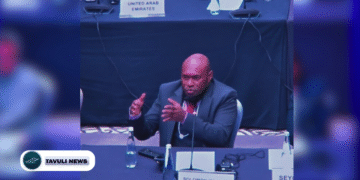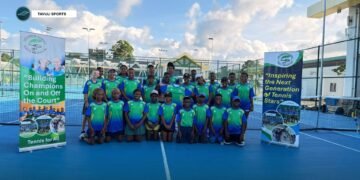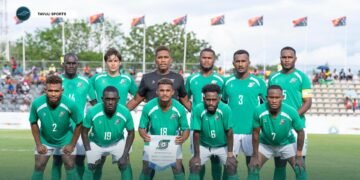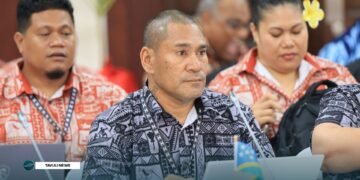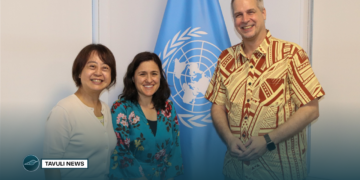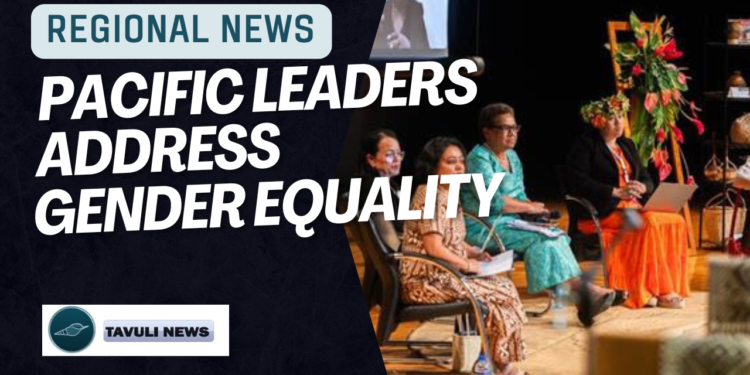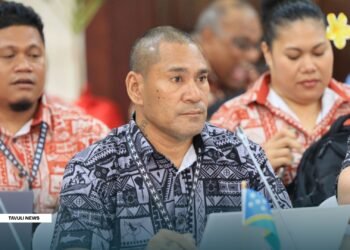Pacific leaders discuss gender stereotypes, inclusion, and youth empowerment at CEDAW Committee session.
Addressing gender stereotypes, advancing the rights of children and youth, and promoting the inclusion of persons with disabilities were central themes of the Pacific Technical Cooperation Session of the Committee on the Convention on the Elimination of All Forms of Discrimination against Women (CEDAW Committee), held from 7 to 8 April in Suva, Fiji. The two-day event brought together Pacific governments, civil society, youth, and community leaders for a series of thematic sessions, including five talanoa discussions and a consultation on the draft General Recommendation No. 41 on gender stereotypes.
The sessions focused on strengthening women’s political leadership, tackling entrenched gender stereotypes, and promoting inclusive policies for marginalized groups. They aimed to shed light on the lived realities of Pacific communities and explore concrete actions for advancing gender equality.
Mereseini Rakuita, SPC’s Principal Strategic Lead for Pacific Women and Girls, emphasized that achieving gender equality requires the involvement of all sectors of society. “Every sector of our economies has a role to play,” she said.
A talanoa session on violence against women and girls underscored the importance of solidarity and collective action in addressing this critical issue. Shamima Ali of the Fiji Women’s Crisis Centre and Livai Sovai from the Government of Nauru both stressed the need for mutual support in combatting violence against women.
Youth participants made their voices heard, calling for the principles of CEDAW to be implemented at the grassroots level. “We are not waiting for permission to lead—we are already leading,” stated Melissa Bule, a youth leader.
The consultation on General Recommendation No. 41 explored how cultural and religious norms shape gender stereotypes and their impact on women and girls. Heike Alefsen, the Pacific Regional Representative of OHCHR, acknowledged the region’s cultural richness while pointing out the ongoing challenges posed by persistent gender biases.
Rose Te Hani Brown from the Cook Islands highlighted that effective policies must engage traditional, religious, and government leaders. The consultation also addressed intersectionality, particularly regarding LGBTQIA+ issues, and encouraged participants to submit written input to help refine the draft General Recommendation No. 41.
Women leaders from Organizations of Persons with Disabilities shared their experiences of discrimination and accessibility barriers in the region. Ketia Toakarawa, President of the Kiribati Association for the Deaf, emphasized the strength and resilience of young women with disabilities, stressing their potential to contribute to society.
CEDAW Committee Chair Ms. Nahla Haidar noted that the thematic sessions provided valuable insights into the realities faced by Pacific communities and the region’s expectations from the Committee. “We leave with a deeper understanding of the links between culture, religion, and human rights—and the critical role of youth and traditional leaders in advancing gender equality,” she said.
Representatives from 15 Pacific Island countries participated in the sessions, which offered a platform for dialogue and reflection on key gender equality issues.
The sessions concluded with a call for inclusive leadership, genuine partnerships, and regionally led, rights-based approaches to gender equality. The Pacific Technical Cooperation Session of the CEDAW Committee will continue from 9 to 11 April with country exchanges involving Tuvalu, Solomon Islands, and Fiji at the Pacific Islands Forum Drua Conference Room in Suva.
Source: SPC

